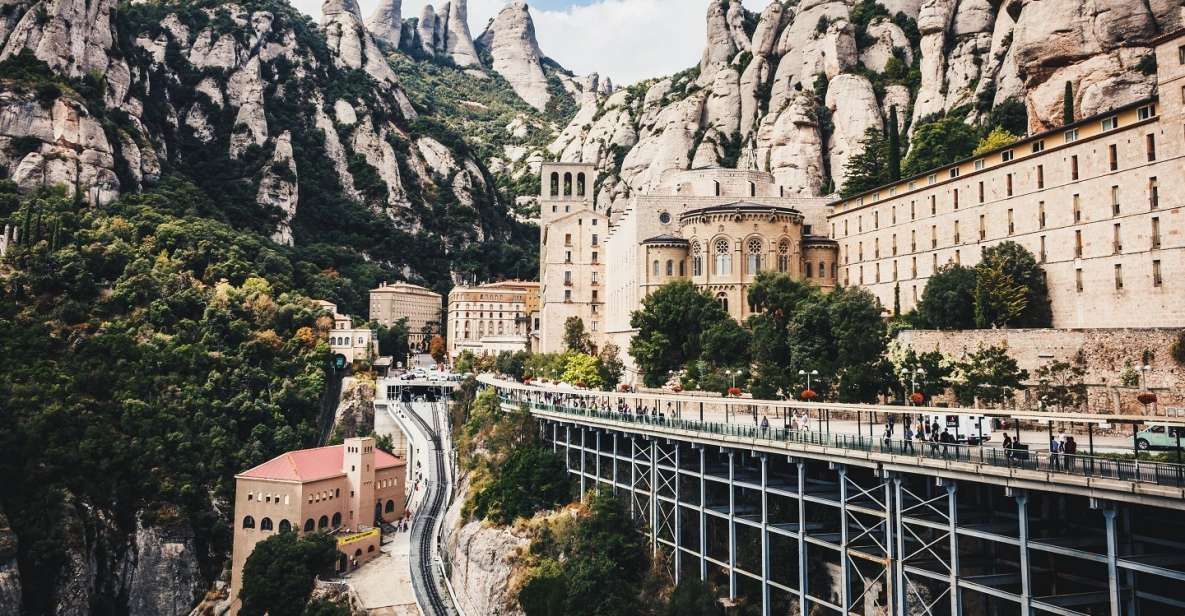
#TMp - Hashtag Travel Marketplace
🌆 Explore Cities & Regions In Mali
How To Discover Mali: Top Accommodations, Best Time to Visit, Cities of Interest, and More
Mali, a landlocked country in West Africa, is a destination rich in history, culture, and natural beauty. From the ancient city of Timbuktu to the vibrant markets of Bamako, Mali offers a unique travel experience for adventurers and culture enthusiasts alike. In this comprehensive guide, we’ll explore the best places to stay, top accommodations, the best time to visit, cities of interest, what to expect, food, nightlife and culture.
Places to Stay
Hotels
Mali has a range of hotels catering to different budgets and preferences. Here are some top choices:
Radisson Blu Hotel, Bamako: This luxury hotel in the capital city offers modern amenities, a swimming pool, and several dining options. It's ideal for both business and leisure travelers.
Hotel Laico El Farouk Bamako: Overlooking the Niger River, this hotel provides comfortable rooms, an outdoor pool, and easy access to the city’s main attractions.
Hotel Mande: Also located in Bamako, Hotel Mande offers budget-friendly accommodations with a picturesque view of the river. It's known for its friendly staff and relaxed atmosphere.
Self-Catering Options
For travelers who prefer the flexibility of self-catering accommodations, Mali has several guesthouses and serviced apartments:
Residence La Plage: Located in Bamako, this self-catering option offers spacious apartments with kitchen facilities, making it ideal for families and long-term stays.
Appartement Meublé à Bamako: This serviced apartment complex provides fully equipped kitchens, comfortable living spaces, and easy access to local markets and shops.
Backpacker-Friendly Accommodations
Budget travelers and backpackers will find several affordable options in Mali:
The Sleeping Camel: A popular choice among backpackers, this guesthouse in Bamako offers dormitory beds, private rooms, a bar, and a restaurant. It’s a great place to meet fellow travelers.
Djenné Homestay: For a more authentic experience, consider staying in a homestay in Djenné. These accommodations provide basic amenities and an opportunity to experience local life firsthand.
Top Accommodations
While Mali may not have the same level of luxury as some other destinations, it offers unique accommodations that provide an unforgettable experience:
Campement Hotel, Timbuktu: This hotel offers traditional mud-brick architecture, giving guests a taste of the region’s history. It’s a perfect base for exploring the legendary city of Timbuktu.
Hotel La Falaise, Bandiagara: Located in the heart of the Dogon Country, this hotel offers stunning views of the Bandiagara Escarpment. It’s an excellent choice for those looking to explore the Dogon villages.
Auberge Djamilla, Bamako: Known for its cozy atmosphere and friendly staff, this guesthouse offers comfortable rooms and a beautiful garden. It’s a tranquil retreat in the bustling city of Bamako.
The Best Time to Visit
The best time to visit Mali is during the cooler, dry season from November to February. During this period, temperatures are more pleasant, and it’s easier to travel around the country. The wet season, from June to September, can make travel challenging due to heavy rains and flooding. March to May can be extremely hot, with temperatures often exceeding 40°C (104°F).
Cities of Interest
Mali is home to several cities and towns worth exploring, each offering unique attractions and experiences:
Bamako: The capital city and largest city in Mali, Bamako, is a vibrant metropolis with bustling markets, lively music scenes, and cultural landmarks. Don’t miss the National Museum of Mali, Bamako Grand Mosque, and the colorful markets like Marché de Medina.
Timbuktu: This ancient city, once a major center of Islamic learning and trade, is a UNESCO World Heritage site. Visit the famous Sankore Mosque, Djinguereber Mosque, and the Ahmed Baba Institute to learn about the city’s rich history.
Djenné: Known for its iconic Great Mosque, the largest mud-brick building in the world, Djenné is a must-visit. The town’s Monday market is also a highlight, where locals gather to buy and sell goods.
Mopti: Often referred to as the “Venice of Mali,” Mopti is located at the confluence of the Niger and Bani Rivers. It’s a great base for exploring the Niger River, Dogon Country, and the vibrant local markets.
Ségou: This historic city on the banks of the Niger River is known for its colonial architecture and traditional crafts. Visit the Ségou Koro, the old town, and enjoy a boat ride on the river.
What to Expect
Natural Beauty
Mali boasts diverse landscapes, from the Niger River and its fertile plains to the arid Sahel and the dramatic cliffs of Dogon Country. Expect to see breathtaking sunsets, vast deserts, and lush riverbanks.
Warm Hospitality
Malians are known for their warm hospitality and welcoming nature. Despite the country’s challenges, locals are eager to share their culture and traditions with visitors. You’ll likely be greeted with smiles and friendliness wherever you go.
Rich History and Culture
Mali’s history as a major center of trade and learning is evident in its ancient cities and monuments. Expect to be immersed in a rich cultural tapestry, with influences from the Mali Empire, Islamic traditions, and indigenous customs.
Food
Malian cuisine is hearty and flavorful, with staples like rice, millet, and sorghum. Here are some must-try dishes:
Tô: A traditional dish made from millet or sorghum flour, served with various sauces like peanut or vegetable sauce.
Jollof Rice: A popular West African dish, Jollof rice in Mali is typically cooked with tomatoes, onions, and a mix of spices, often served with chicken or fish.
Mafé: A delicious peanut stew made with meat (usually beef or chicken) and vegetables, served over rice.
Brochettes: Grilled meat skewers, often served with fried plantains or salad.
Fried Fish: Freshly caught fish from the Niger River, seasoned and fried, often served with spicy sauce and rice.
Nightlife
While Mali’s nightlife may not be as vibrant as in some other countries, there are still plenty of ways to enjoy the evenings:
Live Music: Bamako is known for its lively music scene. Visit venues like the Diplomat and the Institut Français to enjoy traditional and contemporary Malian music.
Bars and Cafés: In Bamako and other major cities, you’ll find bars and cafés where you can relax with a drink and enjoy local entertainment.
Cultural Performances: Look out for traditional dance and music performances, especially in tourist areas and during festivals.
Culture
Malian culture is deeply rooted in its history and traditions. Here are some cultural highlights:
Music and Dance: Mali is famous for its music, with genres like Wassoulou, griot storytelling, and modern Malian pop. Traditional instruments like the kora, balafon, and ngoni are integral to Malian music.
Crafts and Art: Malians are skilled artisans, known for their pottery, textiles, jewelry, and wood carvings. Visit local markets and artisan workshops to see these crafts up close.
Festivals: Mali hosts several cultural festivals, such as the Festival in the Desert near Timbuktu, celebrating Tuareg culture, and the Festival on the Niger in Ségou, showcasing music, dance, and art.
Conclusion
Mali is a destination that offers a rich tapestry of experiences, from its historical cities and cultural landmarks to its vibrant markets and warm hospitality. Whether you’re exploring the ancient mosques of Timbuktu, navigating the bustling streets of Bamako, or discovering the unique landscapes of Dogon Country, Mali promises an unforgettable journey. The country’s resilient spirit, rich cultural heritage, and welcoming people make it a must-visit destination for those seeking an authentic and enriching travel experience. Plan your trip during the cooler months, immerse yourself in the local culture, and prepare to be captivated by the beauty and history of Mali.
🎧 From Our AUDIO BLOG

Let's talk!
info@hashtagtmp.com
+27 79 578 4358
This website includes affiliate links. If you purchase through these links, we may earn a commission at no additional cost to you.

